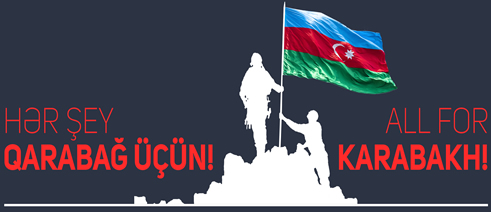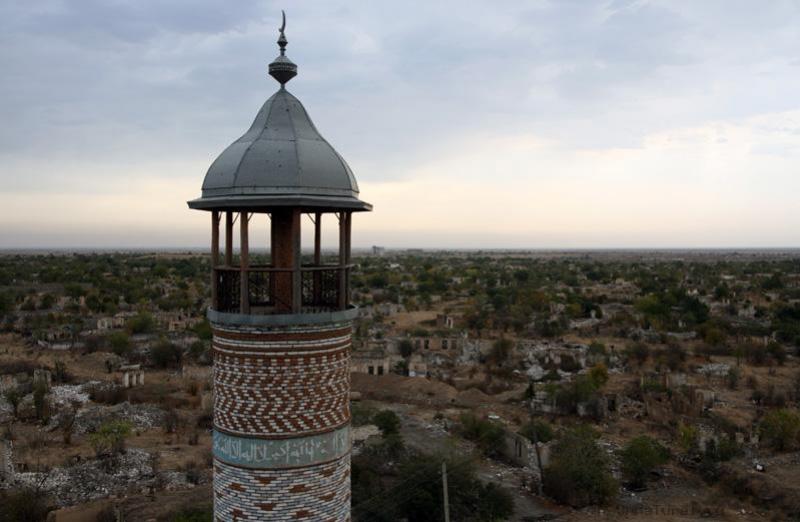


Trend:
The issue concerning the Armenia-Azerbaijan Nagorno-Karabakh conflict was raised during the third meeting of the speakers of the parliaments of Eurasian countries.
Speaking at the meeting, speaker of the Azerbaijani parliament Oqtay Asadov stressed that the prosperous future of the peoples living on the Eurasian continent can only be built on the basis of mutual economic cooperation, good neighborly relations, mutual respect, humanism and tolerance.
Asadov said that wars and hotbeds of conflicts that flaring up on the Eurasian continent, including the Nagorno-Karabakh conflict, continue to greatly limit the development of a vast region.
"For over 25 years, the Armenian armed forces continue to occupy 20 percent of the internationally recognized territories of Azerbaijan, that is, the Nagorno-Karabakh region and seven adjacent districts,” he said. “As a result of ethnic cleansing, one million civilians were expelled from Armenia and occupied Azerbaijani territories."
Asadov also added that according to the resolutions # 822, 853, 874 and 884, adopted in 1993 by the UN Security Council, as well as resolution # 62/243, adopted in 2008 by the UN General Assembly, the sovereignty, territorial integrity, inviolability of Azerbaijan’s borders were uniquely confirmed.
“According to those resolutions, the Armenian armed forces must be immediately withdrawn from the territories of Azerbaijan,” he added.
“Unfortunately, the international efforts that have been made up till now to resolve the conflict had no effect because of the non-constructive and destructive position of Armenia,” he said. “It should be clear to everyone that the unresolved conflict is a constant threat to peace and stability not only in the South Caucasus region but also on the Eurasian continent and worldwide.”
“I am sure that the international community must finally have its weighty word in this issue and the conflict must be resolved on the basis of the universally accepted principles and norms, in particular, on the basis of the principle of the territorial integrity of countries,” Asadov said.
The conflict between the two South Caucasus countries began in 1988 when Armenia made territorial claims against Azerbaijan. As a result of the ensuing war, in 1992 Armenian armed forces occupied 20 percent of Azerbaijan, including the Nagorno-Karabakh region and seven surrounding districts.
The 1994 ceasefire agreement was followed by peace negotiations. Armenia has not yet implemented four UN Security Council resolutions on withdrawal of its armed forces from the Nagorno-Karabakh and the surrounding districts.